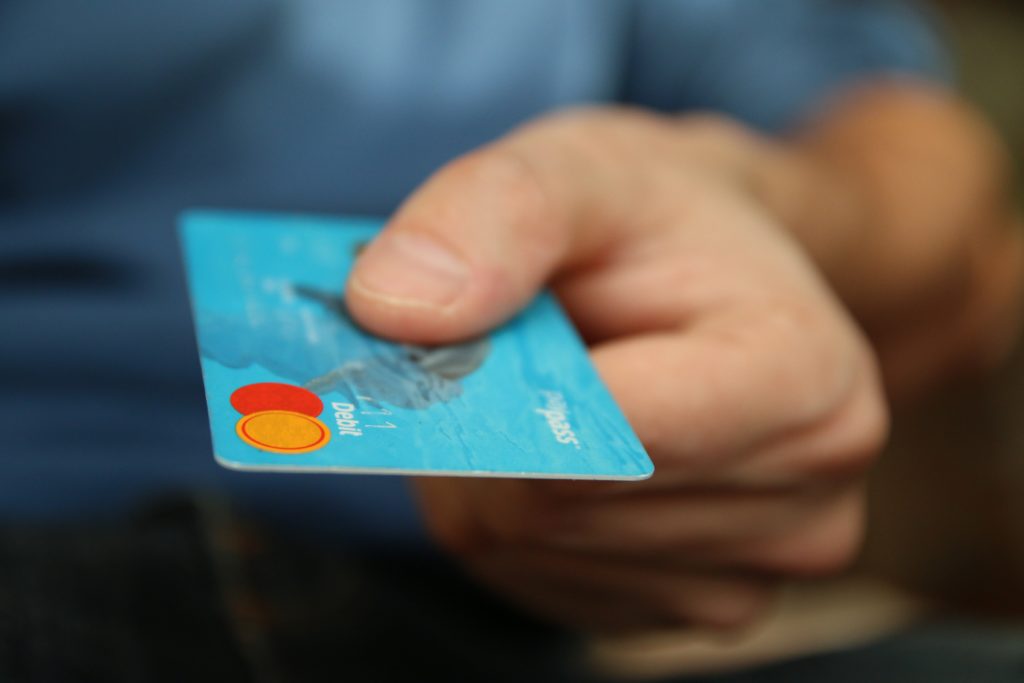
University may be the first time you’ve needed to manage your money – and getting into good habits with your bank account can help.
We have produced a two-part guide to getting the most out of your bank account: part one – which looks at choosing a student bank account, checking your balance regularly, and limiting transfers – can be found here; part two – understanding overdrafts, checking unnecessary spending, having two bank accounts, and where to find further support – is below.
Understand overdrafts
Many student bank accounts will offer an interest-free overdraft (this will depend upon factors such as your credit history, and each bank’s T&Cs). It’s not free money, but having an overdraft can help you with your essentials if you run out before your next loan payment has come through – and is much better than using bad credit instead (see our Good and bad credit post for further details).
Here is our quick guide to overdraft Dos and Don’ts:
Dos
- Apply for it before you go overdrawn
- Always check the limit and don’t go over this
- Only use it if you have to (e.g. for essentials such as rent, food, bills, etc)
- Remember it’s the bank’s money so must be paid back – make sure you include repayment in your next budget
Don’ts
- Assume you will be offered an overdraft if you overspend,
- If you have more than one bank account, don’t be tempted to apply for more than one overdraft,
- Don’t be tempted to use it for non-essential spending
- Don’t forget that interest-free doesn’t last forever – usually only till the end of your course
Providing you manage your overdraft with due care, it can be a helpful option when you’re running short of money, but don’t use it just for the sake of it.
Check your unnecessary spending
If you’re trying to cut down on your spending, checking your bank statements can help. Log on or go to your app, download the most recent statement, and then look at your spending patterns. Make a note of how much you spend each week/ month on food, takeaways, socialising, clothes, coffees, etc, and then see if you reduce this.
Pay attention to spending you can’t identify, such as fivers and tenners taken out at cash machines or as cashback – if you can’t remember what it was for, it is likely that it was for something you can do without.
Always think – ‘what can I cut back on?’
There’s lots of simple ways to reduce your spending; here are a few quick and easy suggestions to help get you started:
- Make your own lunch and you could save up to £770 a year.*
- Make a coffee – refill your university travel mug or a flask rather than buying a cup of coffee every day and you could save up to approx. £440 per year.*
- Refill a bottle rather than buying a bottle of water every day and you could save up to nearly £115 a year!*
- Cut back on takeaways and save £700 per year!**
(*Based on an average of £4.40 per day for lunch, £2.50 for coffee, and 65p for a bottle of water for 5 days per week over 35 weeks.
** Based on £20 per week on takeaways over 35 weeks)
For further guidance, see our posts on Make small changes to save money, Mend your spending habits, Top 5 good money habits to start, Top 5 bad money habits to break, and Minimising expenditure.
Have two bank accounts
If you’re worried about overspending, you might want to consider having two bank accounts – one for essentials (such as rent, bills, etc), and the other for everyday spending such as food, travel, entertainment, etc. When you receive your loan, transfer what you need for the next term into the ‘essentials’ account, and the rest is there for you to spend as you like. If you are starting to run out of money in your everyday account, cut back where you can on your spending, speak to your bank about setting up an overdraft until your next loan is paid, and then re-visit your budget for the next term.
If you’re really feeling thrifty, or you want to save for a specific goal such as next year’s house deposit or a holiday, you can set up a third account as a savings account – there are several options here including ISAs, or automatic savings apps. You might also want to consider this if you are working regularly and/ or your family send you cash gifts – but try not to touch it before you reach your savings goal.
See Save the Student and Money Saving Expert for some useful guides to saving accounts.
Having problems? Get in touch
The Financial Guidance team are here to help. If you’d like further guidance on money management, including help putting your budget together, please get in touch.
If you are experiencing ongoing debt issues, money advice is available through our partnership with Northampton Citizens Advice; for further details, contact the Financial Guidance team.
 using WordPress and
using WordPress and
Comments are closed